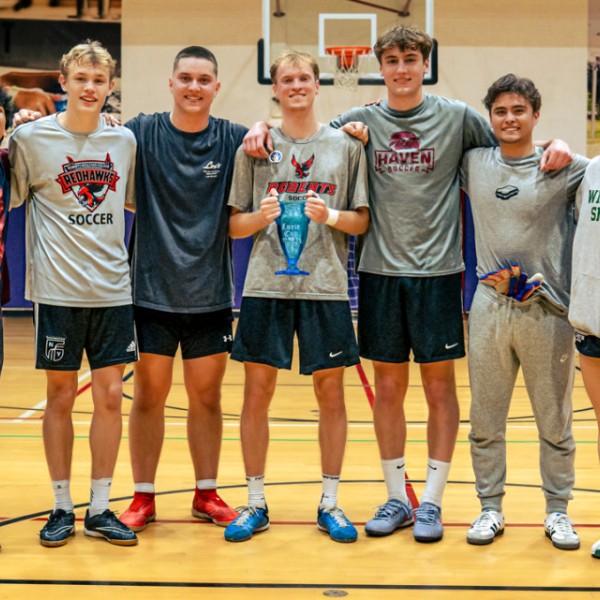Across the developing world, the youth bulge means more mouths that need to be fed, but also more hands that need to be kept busy. According to the World Bank, in order to accommodate population growth and existing unemployment issues, countries will need to create 600 million new jobs over the next 15 years.
Many of those youth hope to take up service jobs created by rapid urbanization, or to work in tech sectors like Kenya’s Silicon Savannah. But Eugenie Maiga, Associate Professor of economics at Norbert Zongo University in Burkina Faso, hopes young people will take another look at the profession of their parents and grandparents: agriculture.
“In Africa, as in many countries, farmers are getting older, and we see that youth are not interested in farming. But if we don’t have people to take up farming, there will be issues of food scarcity,” Maiga said.
“We need to help youth see that agriculture is not just breaking your back to work the land.
It’s production, processing, transportation, marketing, developing new products. There’s a lot within the added value chain, but people need to see the potential, and they need some skills training,” she said
Governments and donors are trying to address the problem, with a host of educational, skill- building, and on-the-job training programs aimed at youth, but are they working?
“Many, many interventions are being implemented but very few are evaluated,” Maiga said. “People just assume these programs will work and they spend the money. It’s worth trying to evaluate and compare programs, because if you keep spending a little money here, a little money there, but you’re not sure of effectiveness, you’ll keep spending money and may never see success.”
Maiga is team leader for the Employment For the Future research team for Ceres2030, a collaboration between Cornell University, the International Institute for Sustainable Development, and the International Food Policy Research Institute. The project brought together over 70 diverse researchers from across the globe, all working to understand how to achieve the United Nations Sustainable Development Goal of zero world hunger by 2030. The teams have used machine learning and big data tools to assess existing peer-reviewed literature, with the hope of learning which interventions are most effective in meeting that goal.
















